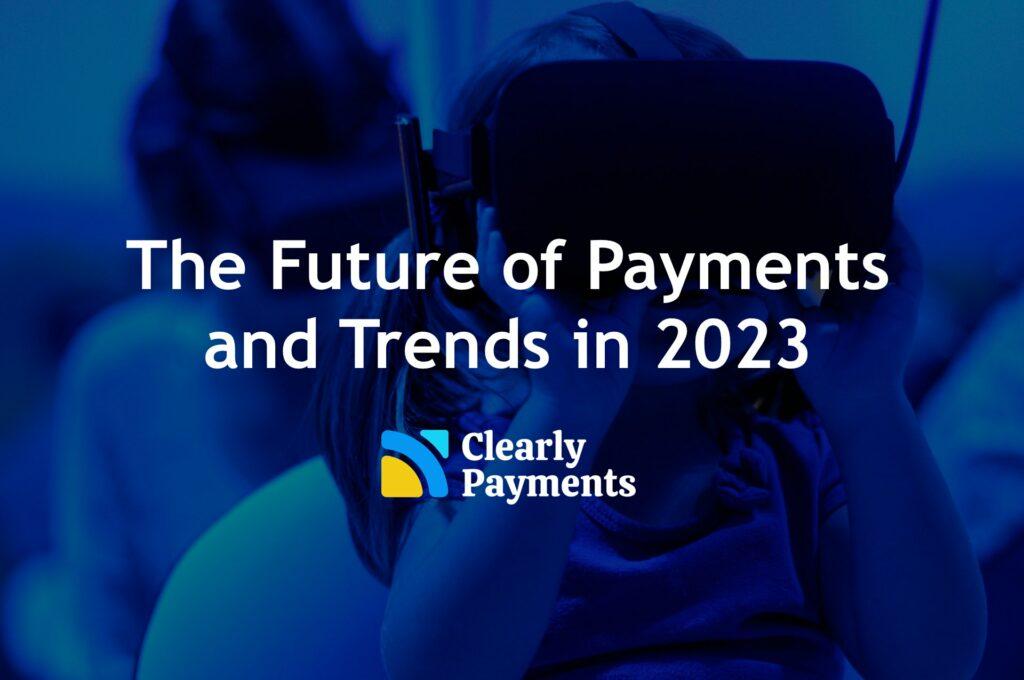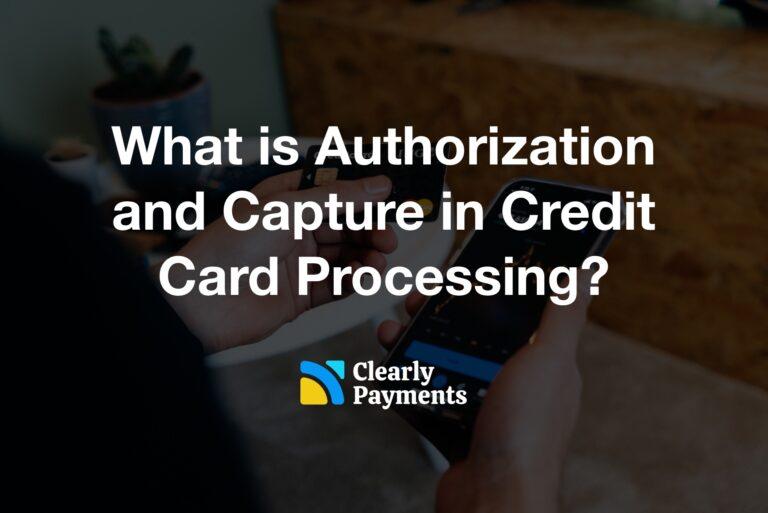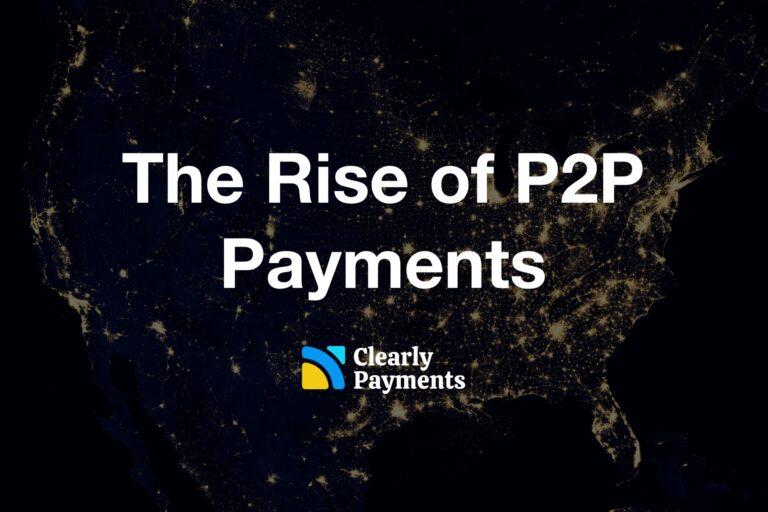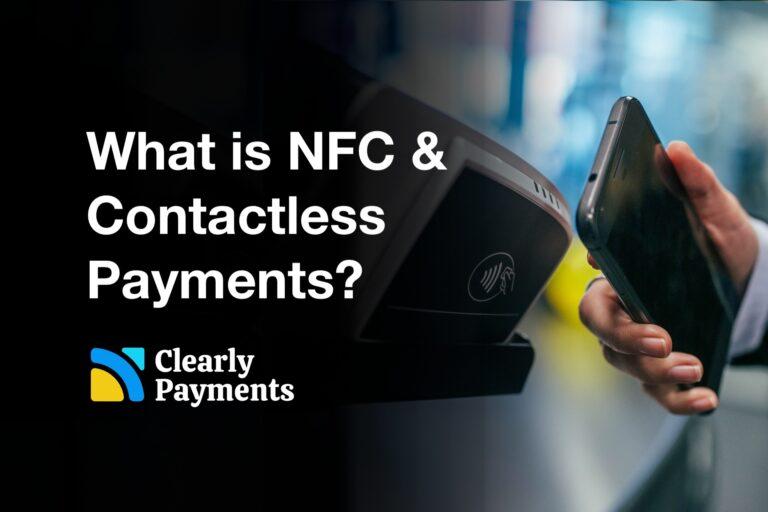The future of payments will continue to be driven by advances in technology, changes in consumer behaviour with the desire for convenience, and the increasing need for security.
The future of payments will involve a greater emphasis on digital and mobile payments, as well as the continued development of peer to peer technologies. Also, Contactless payments, using technologies like NFC, will become more prevalent.
On the security front, there will be an increased use of biometrics, such as fingerprint and facial recognition, for authentication and authorization in payments. The trend of a cashless society is happening across the globe and it will continue to propagate.
As technology continues to advance, we can expect to see the development of new, more secure and convenient payment methods become available. As we move into 2023, the top trends and developments that are expected to shape the future of payments in the coming years include:
- Mobile payments: The use of smartphones and other mobile devices for making payments is expected to continue to grow in popularity as more retailers and service providers offer mobile-based payment options. This is also driven by changing regulations and standards which include mobile technology that are being adopted by payment technology providers.
- Contactless payments: The use of contactless payments, such as Near Field Communication (NFC) and QR code payments will become more widespread as they offer a more convenient and faster checkout experience. Contactless payments also make payments safer by decreasing the chance of spreading disease, such as COVID.
- Cryptocurrency: The use of cryptocurrency for payments is expected to increase in the future as more consumers and merchants become familiar with the technology and its benefits. The number of cryptocurrency owners continue to grow at a staggering rate. In 2022, it was estimated that 320 million people in the world own cryptocurrency and 22% of the US population.
- Biometrics: Biometric authentication methods, such as fingerprint recognition and facial recognition, are expected to become more widely used for payments as a way to increase security and convenience.
- Artificial intelligence (AI) and Machine Learning (ML): Artificial intelligence and ML are increasingly being used to enhance the payment experience by offering personalized recommendations, fraud detection, and real-time analytics. AI is evolving quickly and will change the payments landscape in multiple ways.
- Open Banking: Open Banking will become more prevalent and will enable the emergence of new payment methods and services as consumers will be able to share their financial data with third parties, such as fintechs, to access new products and services.
- Digital Identity: Digital identity will become more important to ensure trust and security exists in the payment ecosystem. The evolution of a “digital identity” will become the foundation of many systems.
- Instant Payments: Instant payments are becoming more popular and widely adopted. Instant payments make it possible to process and settle transactions in real-time. Instant payments will change the way people use and think about money along with the development of a host of new financial services.
The future of payments will be characterized by increased convenience, security, and personalization for consumers, as well as new opportunities for businesses and financial service providers. The world of finance is changing rapidly and this is creating new opportunities for nimble and innovative technology companies.
Since the founding of TRC-Parus, the vision has been a world where payments are free, immediate, global, and frictionless. We see all the trends pointing in that direction.




